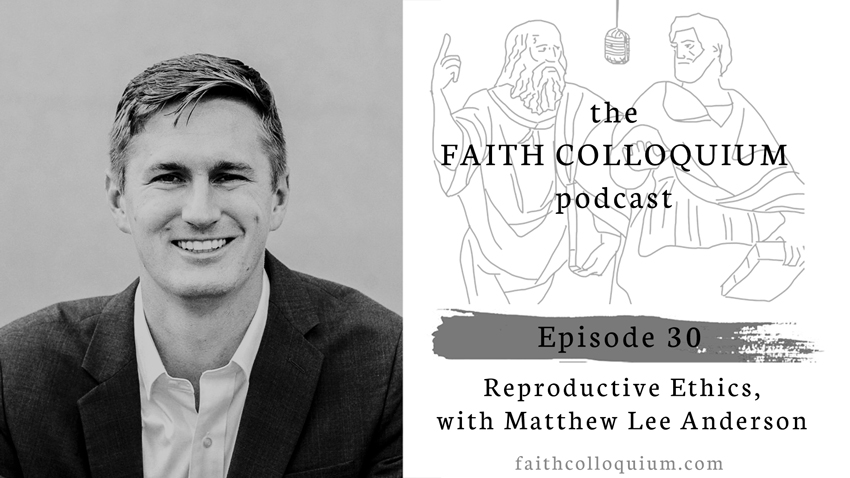What is Natural Law: A Brief Explanation and Defense
When seeking to discern between good and bad, I can look to myself or look to others or look to both myself and others. Initially, it may seem justified to adjudicate between good and bad by looking to myself. After all, I am a sensible, reasonable person. I am not a sociopath or cognitively incapacitated. Moreover, I am ultimately the one making the moral decisions, and so they will most likely impact me, so I should have a say in what I think to be good and bad. However, upon further consideration I realize that I have made mistakes in the past. That is to say, I have made errors in judgment including moral judgment. So, I recognize that I have blind spots or biases that may be unknown to me. Often, I have been unaware of my mistakes until someone else shed the light of reason to illuminate the proper way. I conclude from this self-reflection one non-negotiable truth: I am fallible. So, it seems that the final option makes the most sense to look both to myself and others because I am both… Read More »What is Natural Law: A Brief Explanation and Defense
526 total views


